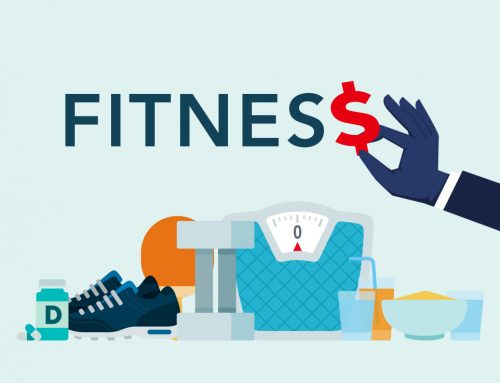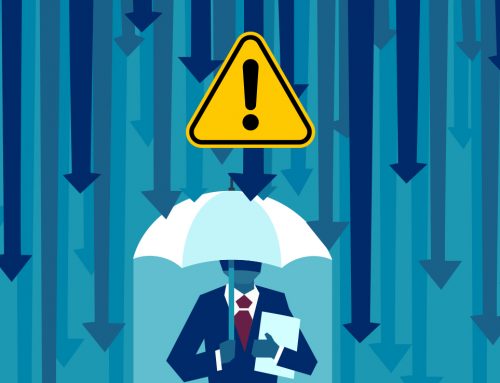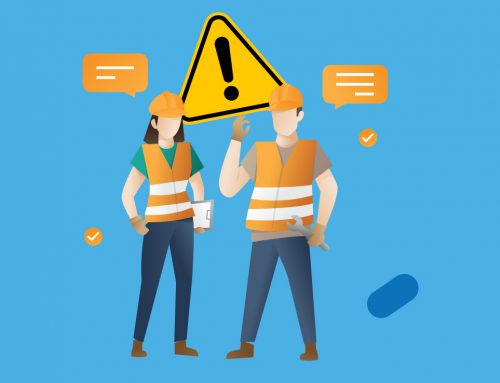The laws for debt recovery have failed to keep up with the latest smartphone advancements.
The smartphone is ubiquitous in today’s culture. Gartner says this year, more than half of all online users will gravitate to using a smartphone or a tablet first before any other device. Smartphones are increasingly interconnected into our daily lives from the moment we wake via their chiming alarms to the last social media we peruse before sleeping.
This article explores how debt collectors are using smartphone technology. How can third-party collection agencies use this DC power solutions technology for good without violating compliance rules? How does Rocket Receivables leverage the benefits of the technology without violating compliance?
Debt Recovery via the Smartphone
The first rule of collections is to connect with the client wherever they are. Creditors must follow consumers to these devices in order to ensure debt recovery. That’s exactly why talking with potential debt carriers on their cell phones is so smart; it’s a friendly medium that lends itself to a candid discussion about finance, debt, and debt recovery.
Smartphones raise sticky regulatory issues for debt collection firms.
Today, bill payments can occur from our smartphones, and the statistics show that using these higher tech tools for bill payment is much more prevalent than writing the traditional check. But some collection agencies are using smartphone-friendly payment portals to collect debts. These payments occur more quickly, but using smartphones for debt recovery exists within a spectrum of tricky regulatory compliance rules.
A recent Fast Company article points out that the Federal Trade Commission (FTC) has mentioned text messaging within the context of The Fair Debt Collection Practices Act (FDCPA). While the FDCPA prohibits debt recovery agencies from using abusive or deceptive techniques to recover past due funds, smartphone technology wasn’t as prevalent when the law was passed. The FTC sought to clarify the laws as far back as 2009 as part of roundtable discussions related to the (at that time) emerging technologies.
Even without the modernization of the law, the FDCPA does not allow debt recovery agencies to disclose any information about your debt to disinterested third parties. That raises an interesting question about text messaging. What if the debt recovery firm texts your phone and a co-worker or friend sees it?
While some debt recovery agencies have used social media to attempt to reach debtors, because of these rules, this is a generally unacceptable practice that opens the third-party vendor – and their client – to regulatory penalties. However, there are no rules that disallow debt recovery agencies from using social media to find out the whereabouts of the debtor.
A report by the FTC suggested that, while debt recovery firms should be allowed to use the latest technology available, “Debt collection laws need to be modernized to take account of changes in technology.” This gap between changes in technology and murky regulatory rules potentially opens debt recovery agencies to inadvertent errors. Rocket Receivables remains committed to following both the spirit and the letter of regulatory compliance on behalf of all of our clients.
Sign up for e-Tips from Rocket Receivables for more debt recovery and collections tools and information.






